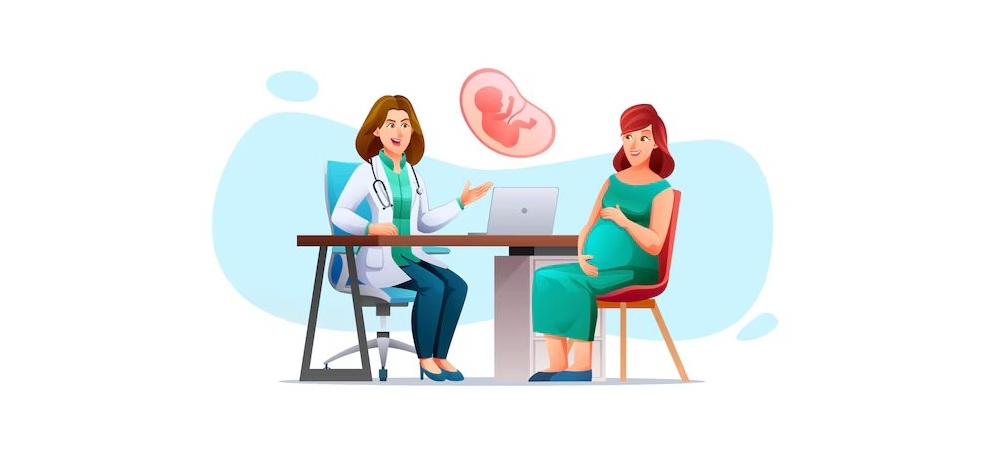In the world of natural remedies, CBD (cannabidiol) has emerged as a promising candidate for pain relief. Its popularity has soared in recent years, thanks to its potential to alleviate a variety of discomforts, from chronic pain to anxiety. However, there’s a critical factor that often gets overlooked: the timing of CBD consumption. Is it more effective in the morning, when you’re gearing up for the day, or at night when you’re winding down? In this article, we will explore the science behind CBD, the factors that influence its timing, and help you make an informed decision about when to take CBD for pain.
Understanding CBD and Pain Relief
Before delving into the timing, it’s crucial to grasp the basics of how CBD interacts with our bodies to manage pain. CBD is one of over 100 cannabinoids found in the cannabis plant. It interacts with our endocannabinoid system, a complex network of receptors and enzymes that regulate various physiological processes, including pain perception. CBD’s mechanisms of action involve reducing inflammation, modifying pain signaling, and influencing neurotransmitters, all of which contribute to its pain-relieving effects.
Factors Influencing the Timing of CBD for Pain Relief
Metabolism and Absorption Rates of CBD
The way your body metabolizes and absorbs CBD can vary from person to person. This influences how long it takes for CBD to take effect and how long it stays in your system.
Individual Variations in Response to CBD
Your body’s unique chemistry plays a role in how you respond to CBD. Some people may experience faster relief in the morning, while others may find nighttime usage more effective.
The Type and Severity of Pain
The nature of your pain matters. Chronic conditions might require a consistent CBD routine, while acute pain may call for as-needed dosing.
Morning vs. Evening: Pros and Cons
Morning CBD Usage
Incorporating CBD into your morning routine has its own set of advantages and disadvantages that may suit some individuals better than others.
Pros
- Morning CBD usage can provide a gentle, sustained energy boost, helping you stay alert and focused throughout the day. This can be particularly beneficial for those dealing with pain-related fatigue or lethargy.
- Taking CBD in the morning allows for continuous pain management as its effects can last for several hours. This could be advantageous if you have a busy day ahead and need consistent relief.
- CBD’s anxiolytic properties may help reduce stress and anxiety, providing a more relaxed and positive start to your day.
Cons
- While CBD generally doesn’t induce drowsiness, some individuals may experience it, especially when taking higher doses. This can interfere with your morning routine and productivity.
- CBD’s onset of action is generally not as rapid as some over-the-counter pain relievers. If you need quick relief, morning CBD use might not be the best choice.
Evening CBD Usage
Using CBD in the evening can offer its own unique set of benefits and drawbacks, catering to those whose pain and sleep quality are primary concerns.
Pros
- Evening CBD usage is often associated with improved relaxation and sleep. It can help you wind down, making it easier to fall asleep and stay asleep through the night.
- If your pain tends to worsen at night, taking CBD in the evening can target this issue, providing relief when you need it most.
- Unlike morning usage, evening CBD is less likely to result in daytime drowsiness, allowing you to wake up refreshed and ready for the day.
Cons
- The downside of evening CBD use is that its pain-relieving effects may not carry over to your daytime activities. If you require constant pain management, this timing might not be optimal.
- Finding the right dosage and timing for evening CBD use can be a trial-and-error process. It may take some time to determine what works best for your specific needs.
Should I Take CBD Morning or Night?
Choosing between morning and night CBD usage depends on your unique circumstances and preferences. If you’re using CBD for better sleep or relaxation, evening use may be ideal. However, if you need pain relief throughout the day or a mood boost, mornings might suit you better. The key is to listen to your body and adjust your CBD schedule accordingly.

Personalized Timing: Finding the Right Schedule
The best approach to determine the ideal timing for your CBD consumption is through experimentation. Start with a low dose and monitor how your body responds. Keep a CBD journal to track your experiences, noting the time, dose, and any effects you observe. Over time, you’ll likely discover the most effective timing for your needs.
Consulting with a Healthcare Professional
It’s essential to consult with a healthcare professional before starting any CBD regimen, especially if you have underlying medical conditions or are taking other medications. They can provide personalized guidance and help you navigate any potential interactions or side effects.
Conclusion
In the quest for pain relief, timing can make all the difference. Whether you choose to take CBD in the morning or at night, remember that a personalized approach is key. Keep track of your experiences, consult with a healthcare professional, and stay informed about the latest developments in CBD research for pain management. With patience and careful observation, you can discover the perfect timing to make CBD a valuable addition to your pain relief toolkit.




